The Latest Issue of Our Summer Newsletter is Here! The newest edition of our newsletter is out—shorter, sweeter, and packed with valuable tips and suggestions to make the most of your summer in Michigan! In this issue, we dive into exciting community engagement and charitable activities, as well as highlight…
Blog

2022 Harley-Davidson RA 1250 Pan America – Like New, Less Than 250 Miles AVAILABLE IMMEDIATELY – $15,000 Looking for the perfect ride to kick off your season? This 2022 Harley-Davidson RA 1250 Pan America Special is as close to new as it gets – with less than 250 miles on…
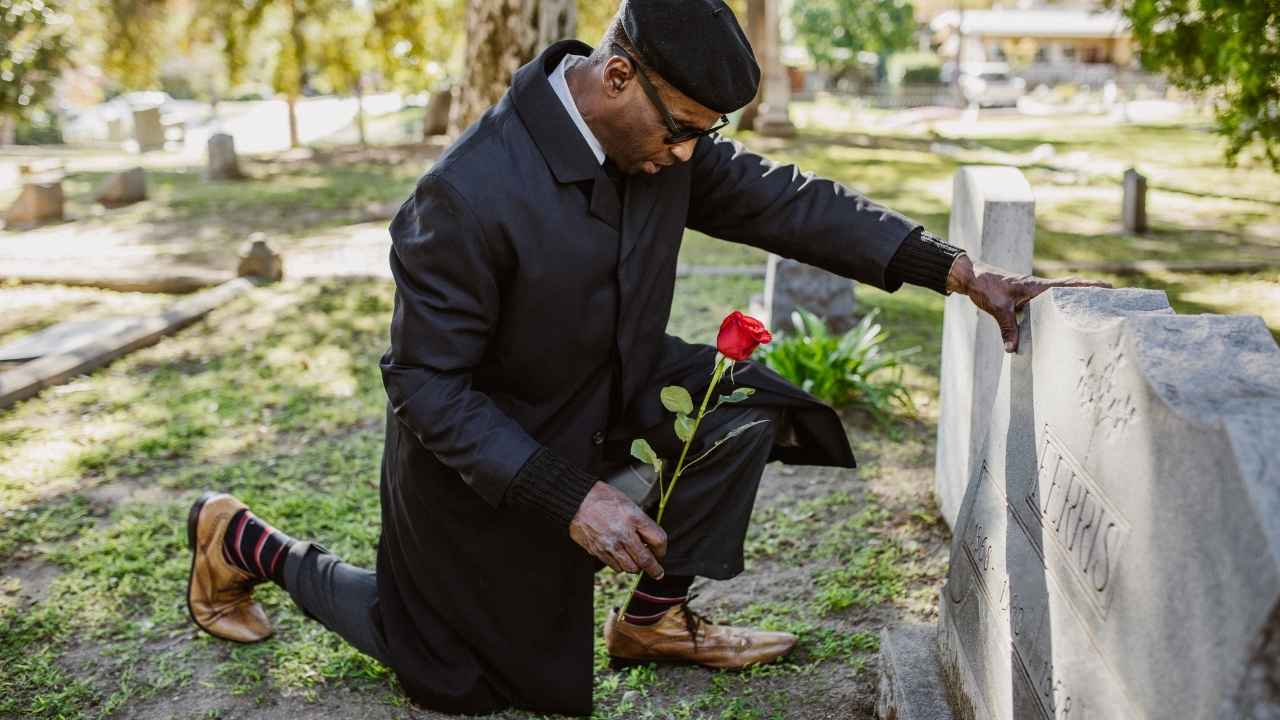
If your loved one was fatally injured in a preventable accident, you need to know your legal options. You and your family may qualify for compensation that could be vital to protecting your future. While there is no set average payout for these cases, a wrongful death lawyer in Michigan…
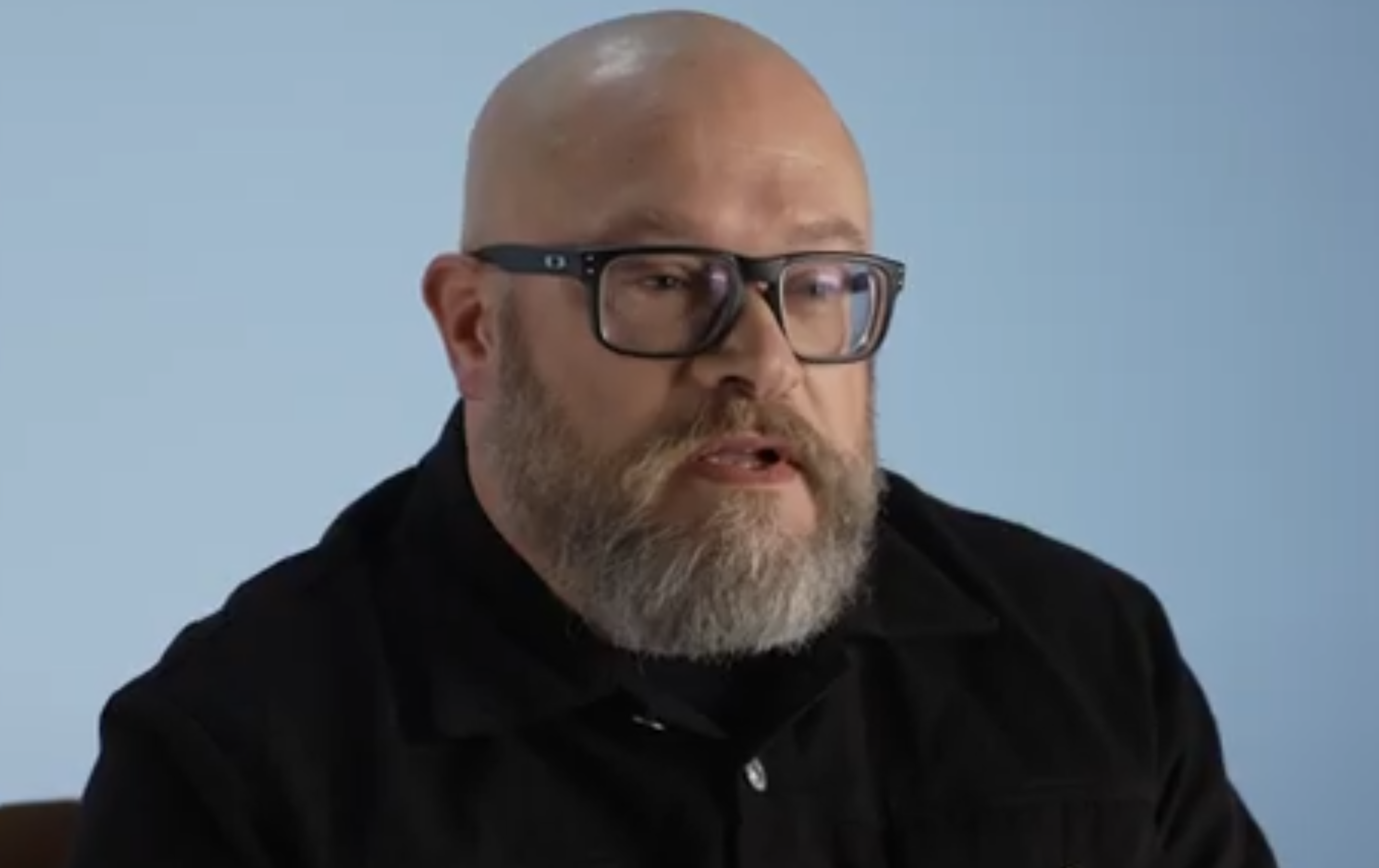
CLIENT TESTIMONIALS REAL CLIENTS | REAL STORIES By definition, every PI case is deeply personal—and behind every lawsuit is a real person with a powerful, profound story. In these video testimonials, our clients open up about the life-changing moments they endured and how our team at Christensen Law stood…
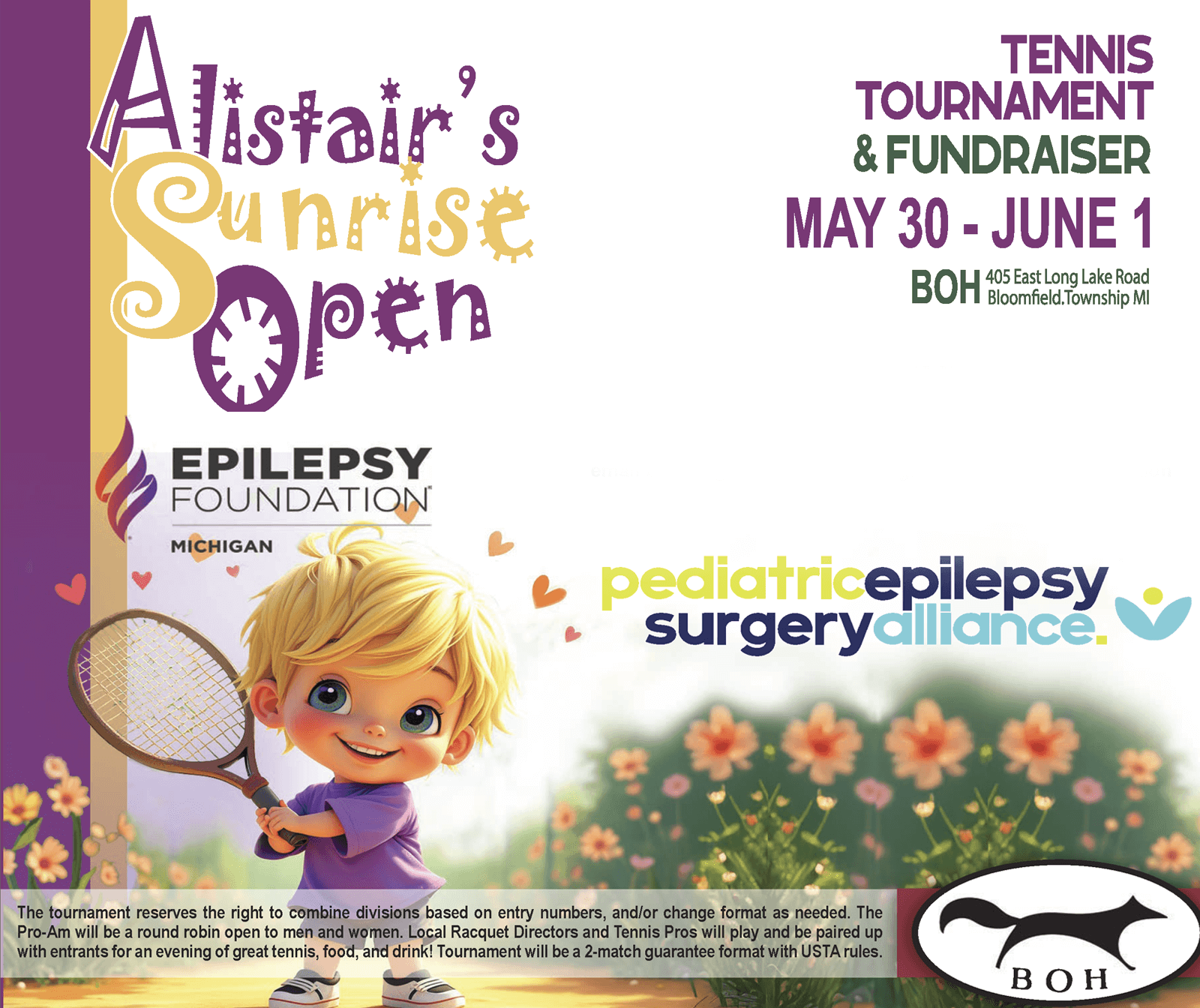
MAY 30 – JUNE 1ST – ALISTAIR’S SUNRISE TENNIS OPEN Fundraiser – Open to the Public Join us to help raise awareness for epilepsy and support local organizations providing aid for those living with the disorder. Christensen Law’s managing partner, Sarah Stempky-Kime, is working hand-in-hand with tennis coach Bill Smith…

The moments after a car accident are often upsetting and disorienting, so you may not know what to do or who to call. To protect your chance of recovering damages, you must report the crash and start documenting the accident scene as soon as possible. Don’t let panic lead you…

There is no average truck accident settlement amount in Michigan because every claim is different. The type and amount of compensation you can recover will depend on factors unique to you and your case. A Michigan truck accident lawyer with our law firm can ensure you identify and pursue all…

A Michigan car accident can cause a lot of stress for victims. You probably have a stack of medical bills, may no longer have a vehicle, and you’re struggling to go about your daily life. You’re wondering how you will overcome this accident. You’re worried that your PIP won’t cover…
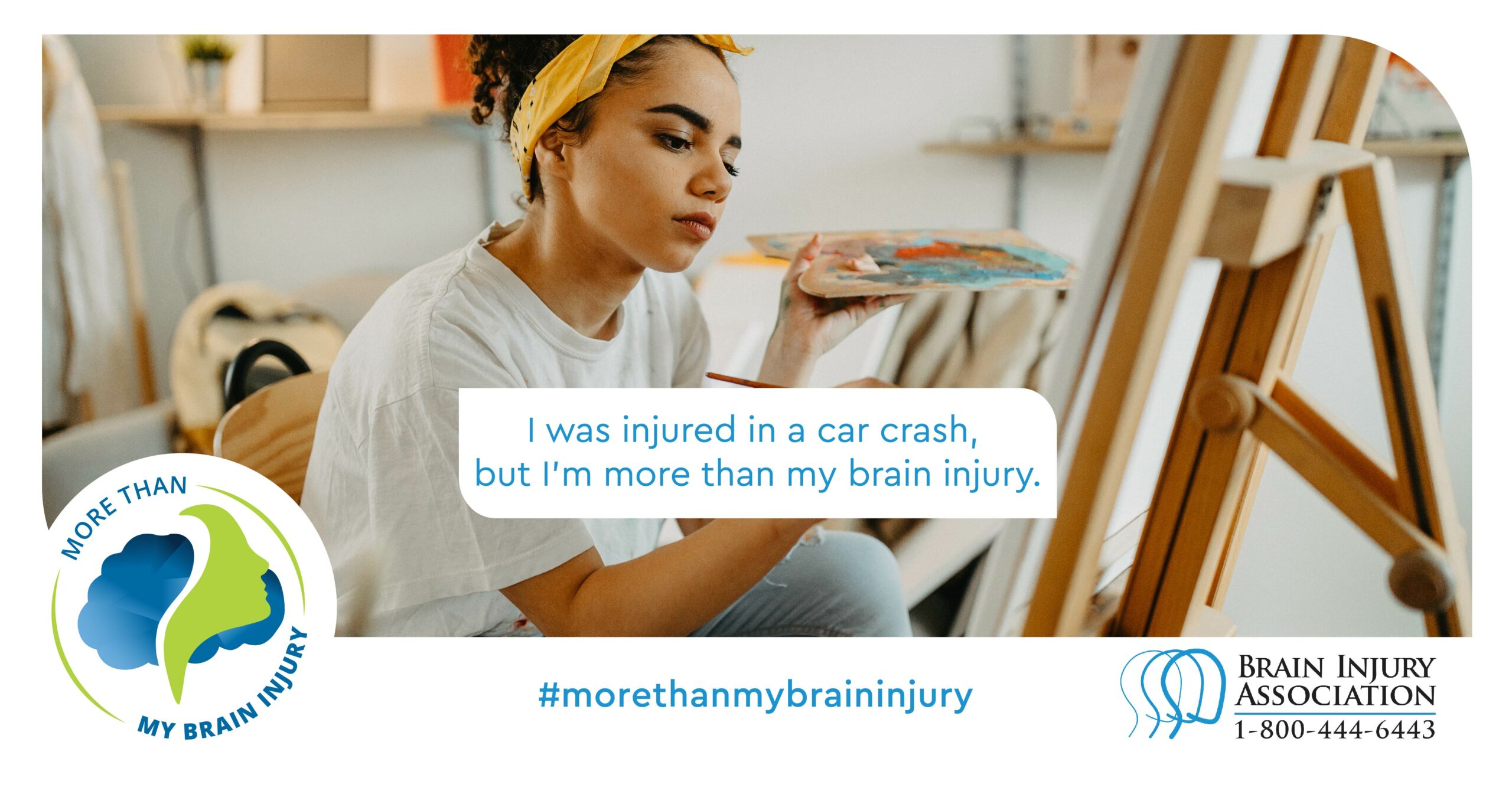
Brain injuries are one of the leading causes of death and disability in the United States, affecting millions of individuals every year. From mild concussions to severe traumatic brain injuries (TBIs), brain injuries can alter a person’s life in profound and lasting ways. Yet, despite the high incidence, awareness surrounding…

Even if you’ve never been in a car accident, you may already have a sense of what you should do after a crash. Check for injuries and call an ambulance if necessary. Call the police. Collect and exchange names and telephone numbers, license and registration information, and insurance company information….

A car accident can turn your life upside down in an instant. You might feel dazed, in shock, or panicked in the immediate aftermath of the crash. Feeling confused and unsure of your next steps is normal, particularly if you suffered serious injuries in the collision. Protecting your health and…

Winter in Michigan can be both beautiful and treacherous. As snow and ice blanket the roads, driving becomes a challenge that requires preparation, patience, and awareness. In 2023*, there was a total of 30,786 winter weather crashes, including 59 fatalities. The majority of these were single-vehicle crashes, which tells us…
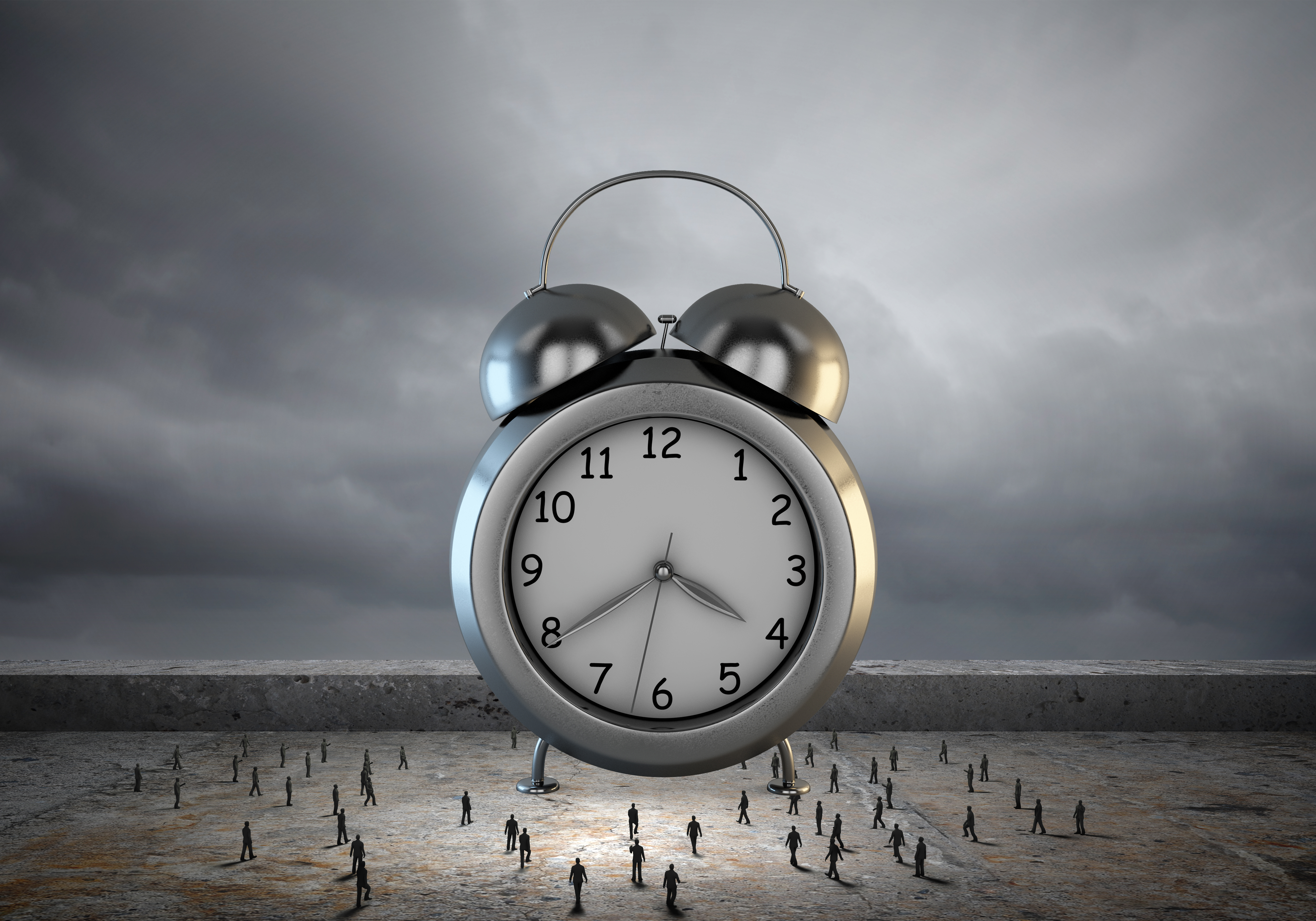
When you’re seriously injured due to someone else’s negligence, they should be held accountable, including compensating you for your injuries and the resulting losses. However, if you wait too long and attempt to file a lawsuit after the statute of limitations expires, your case will go nowhere. Michigan’s statute of…

After a collision with a semi-truck in Michigan, there are several steps that accident victims can take to protect their physical safety, their legal rights, and any future injury claim they wish to file. In this article, we’ll go over what actions you should take after an accident has occurred….

Accidents that cause injuries can lead to tremendous upheaval in your life. Not only are you suffering from significant physical pain, but you may also be facing a permanent disability, financial burdens from medical bills and lost work, and suffering from mental trauma. When you’ve been injured by another person’s…

Car accidents can be life-changing events. You may be dealing with a long road to recovery or a permanent disability that you must learn to live with. Because of Michigan’s No-Fault insurance laws, it can be difficult to sue an at-fault party for a vehicle collision in Detroit. It is possible,…

If a dog bites and injures you, you may be entitled to compensation for your medical bills and other financial and personal losses. Obtaining full and fair compensation can be critical in the wake of a dog attack, where the long-term outcomes may be uncertain. Proving liability in a dog…
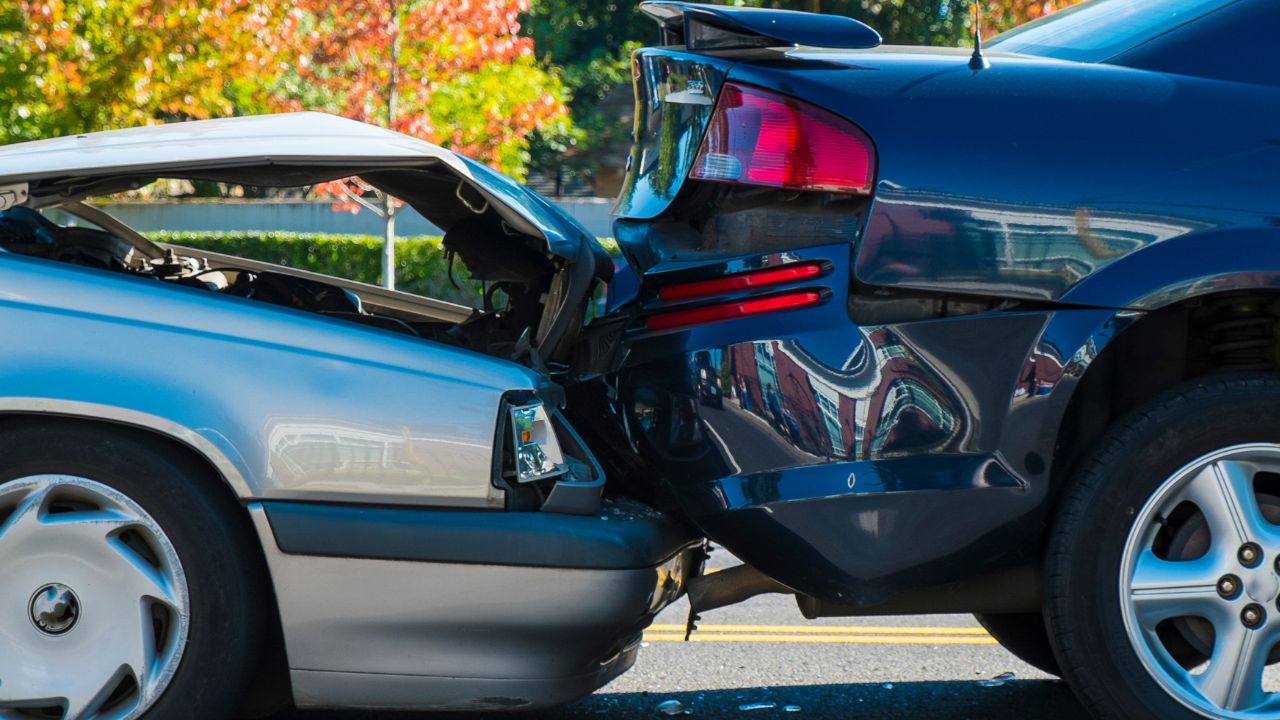
There is no reliable average settlement amount for car accidents in Michigan. The details of each case are so drastically different that providing an average figure would be deceiving. Some accident settlements or verdicts can be hundreds of thousands of dollars, or millions of dollars. However, this does not guarantee…

There is no way to determine average dog bite settlement amounts in Michigan, as there is no reliable source for such information. Settlements and verdicts can often be hundreds of thousands or dollars or more, but that is not a guarantee of your outcome. Instead, our personal injury attorneys who lead these…

You were going along, maybe heading into the office, when out of the blue a distracted driver struck you. How do you know that a person was driving distracted? In some cases, phone records will demonstrate cell phone use while driving. In other cases, the driver may admit that they…

A dog bite can be a traumatizing experience. Injuries can range from lacerations or puncture wounds to severe disfigurement and infection. And if the dog is unfamiliar to you or a stray, you may rightfully worry about whether it has rabies or other transmissible diseases. If you’re asking yourself what…

Rideshares are convenient, eco-friendly ways to get around town, and they’re only growing in popularity. As with any mode of transportation, however, they are subject to accidents and even fatal injuries. Perhaps you were a passenger in a rideshare like Uber or Lyft when it was involved in a crash, or maybe…

If you’ve been injured in a car accident, the physical and emotional damage can be significant. On top of that, the financial burden you’re experiencing can take a huge toll on your life. When you weren’t responsible for the collision that caused your injuries, holding the liable parties accountable with a personal…

If you’ve been involved in a car accident, you probably have a lot of questions about what comes next. You might also have questions about what exactly your insurance covers. Many victims are confused about personal liability and property damage (PLPD) insurance—what it is, what it covers, and what to do…
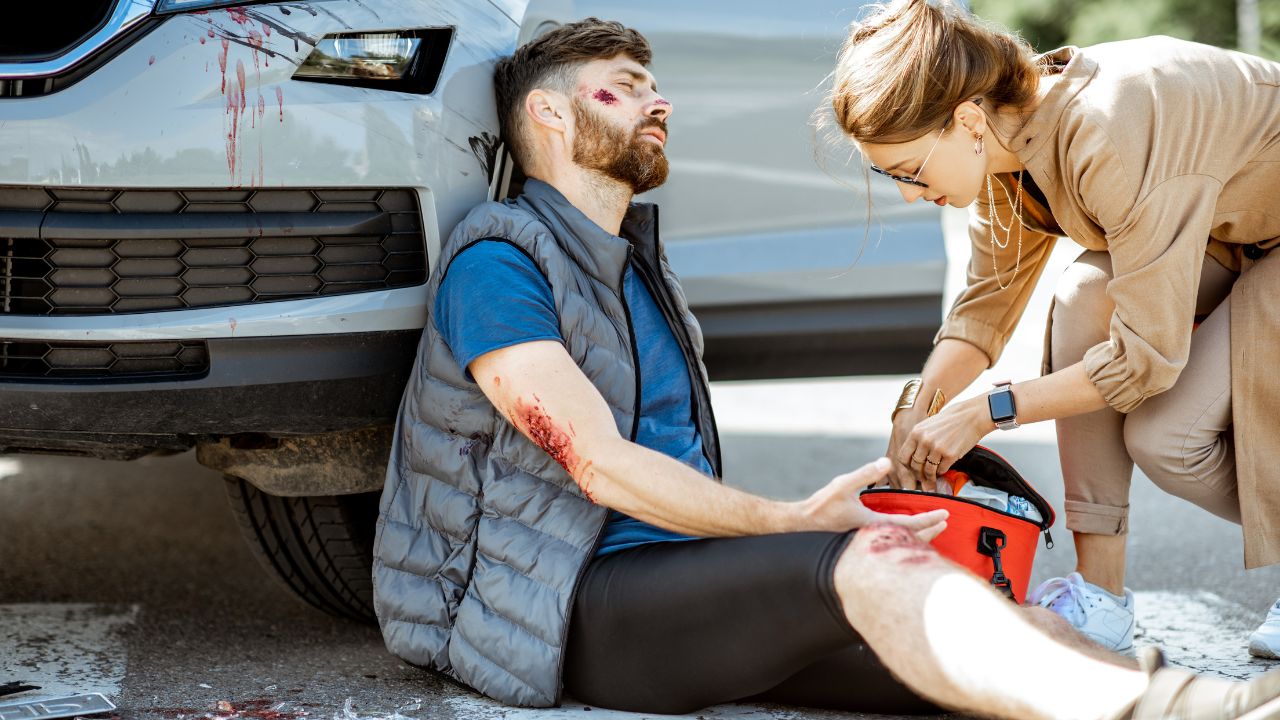
Filing a personal injury lawsuit against a person or organization isn’t an easy decision to make. You probably aren’t filing a lawsuit to get even with someone—you’re doing it because you’ve suffered real losses. Your losses could include financial hardships like the cost of medical treatment or the time you’ve…

We’re so proud to celebrate the latest in a series of professional accolades earned by members of our legal team! Dave, Sarah, Dustin, and Brandon have all been included in Super Lawyers and Best Lawyers’ recent award announcements. Learn more here: READ THE NEWS or see our Honors page here:…

CELEBRATING EXCELLENCE AT WORK We’re pleased to share the recent accolades and honors awarded to our talented team of trial attorneys. Our lawyers work extremely hard, dedicated to the long hours and arduous effort of defending our clients’ rights to be heard and to fair compensation. We’re proud of their…

Whether you have to go to court for a motorcycle accident depends on many factors, including comparative negligence laws, your insurance coverage, and the specific circumstances of your accident. The idea of going to court for a motorcycle crash can be daunting, especially if you are recovering from severe injuries….

Several parties can be responsible for passenger injuries in a motorcycle crash. Establishing fault is a critical step as a passenger injured in a motorcycle accident, so you know who you can pursue for compensation. Understanding how the accident occurred and who was involved can help you determine how to…

July is Disability Pride Month, a time dedicated to honoring the history, achievements, experiences, and struggles of the disability community. This month-long celebration marks the anniversary of the Americans with Disabilities Act (ADA), landmark legislation passed in July 1990. The ADA has been instrumental in breaking down barriers to inclusion…




